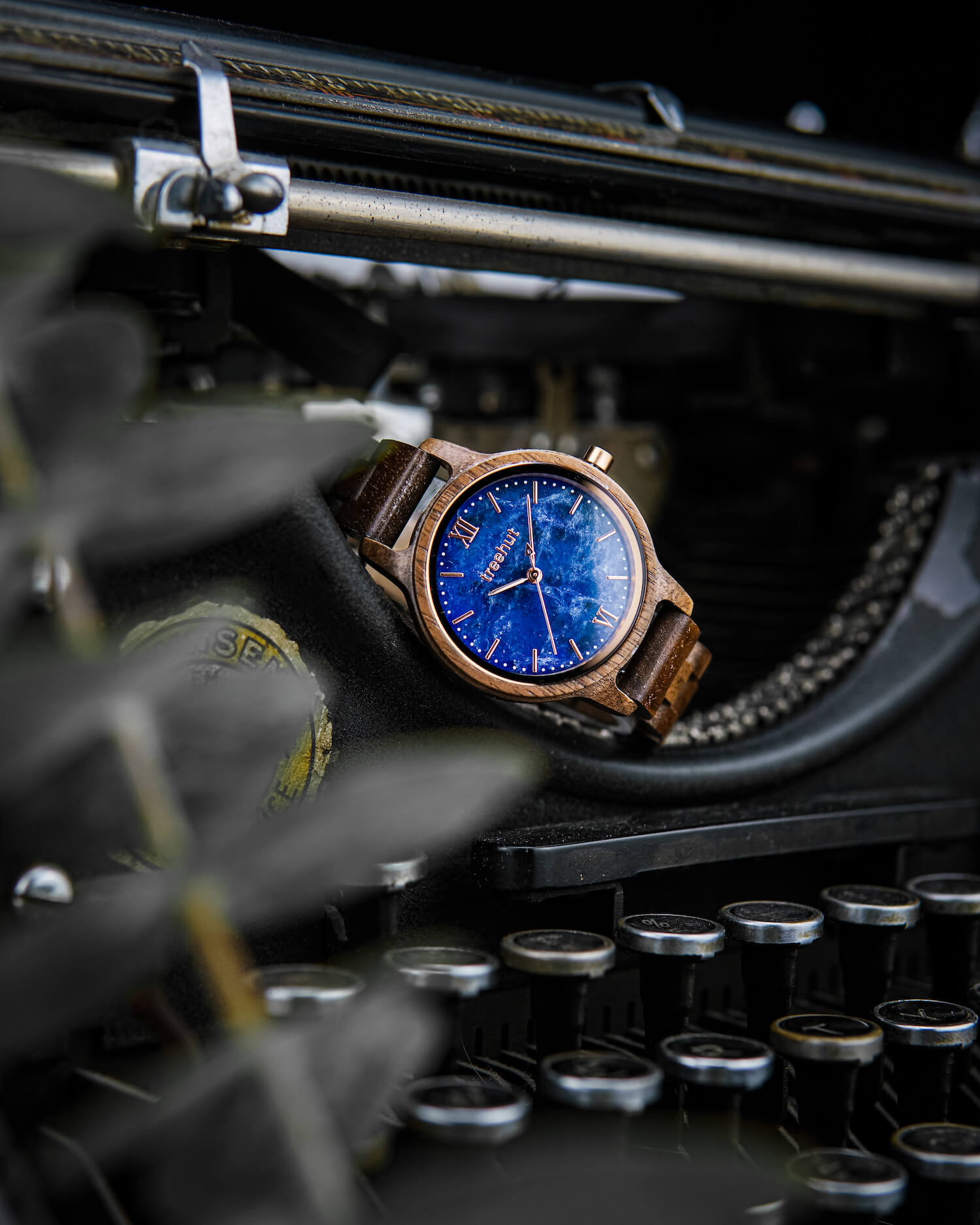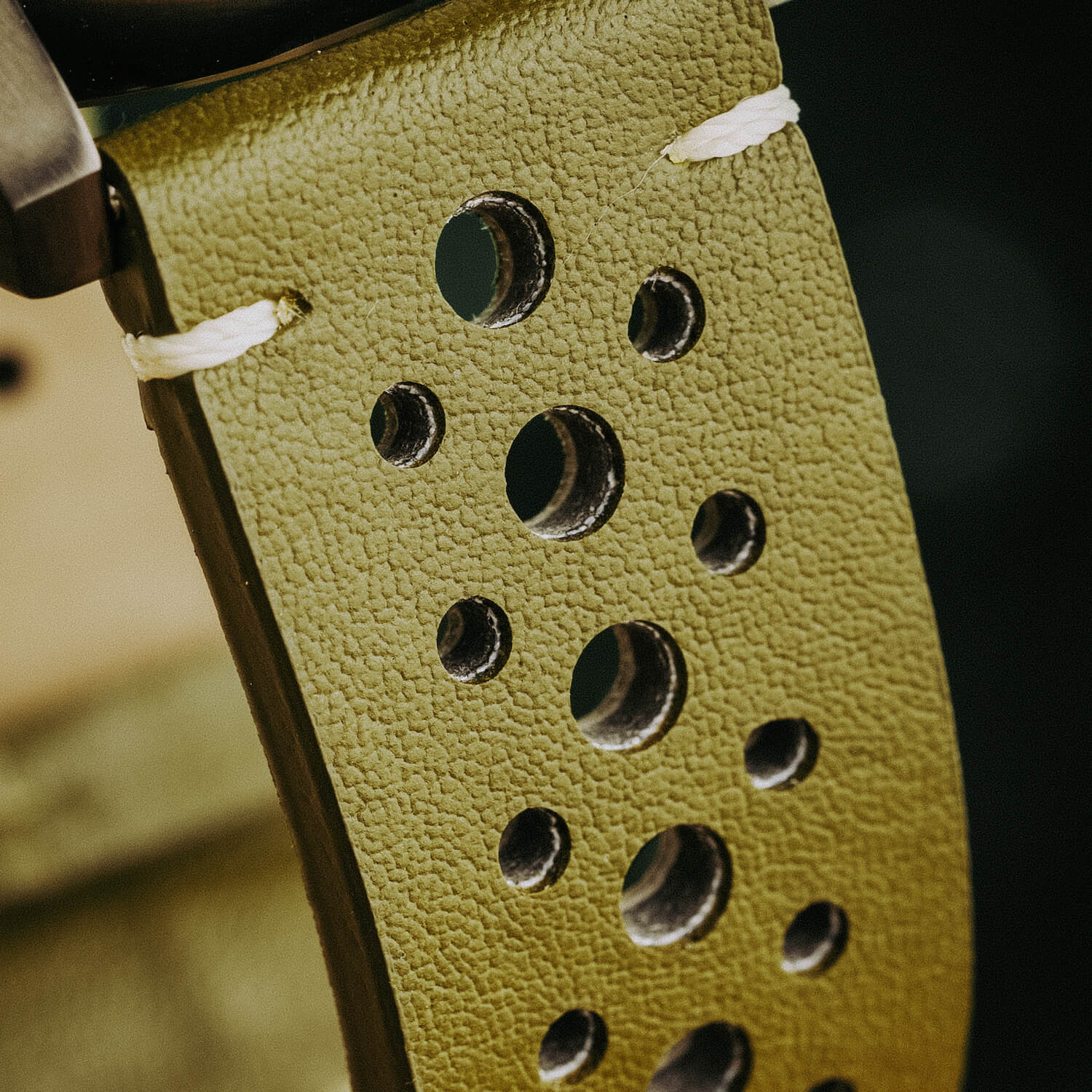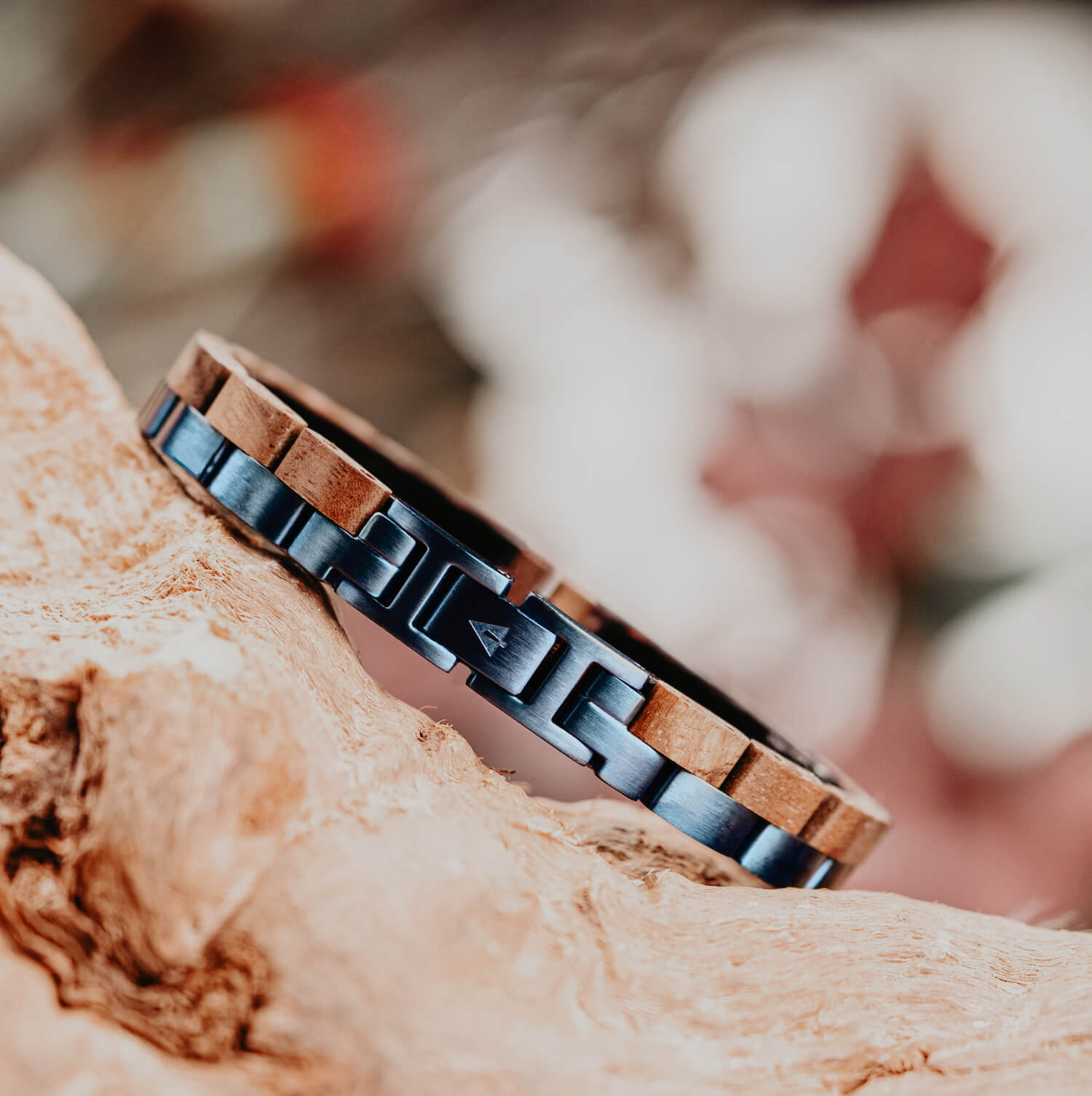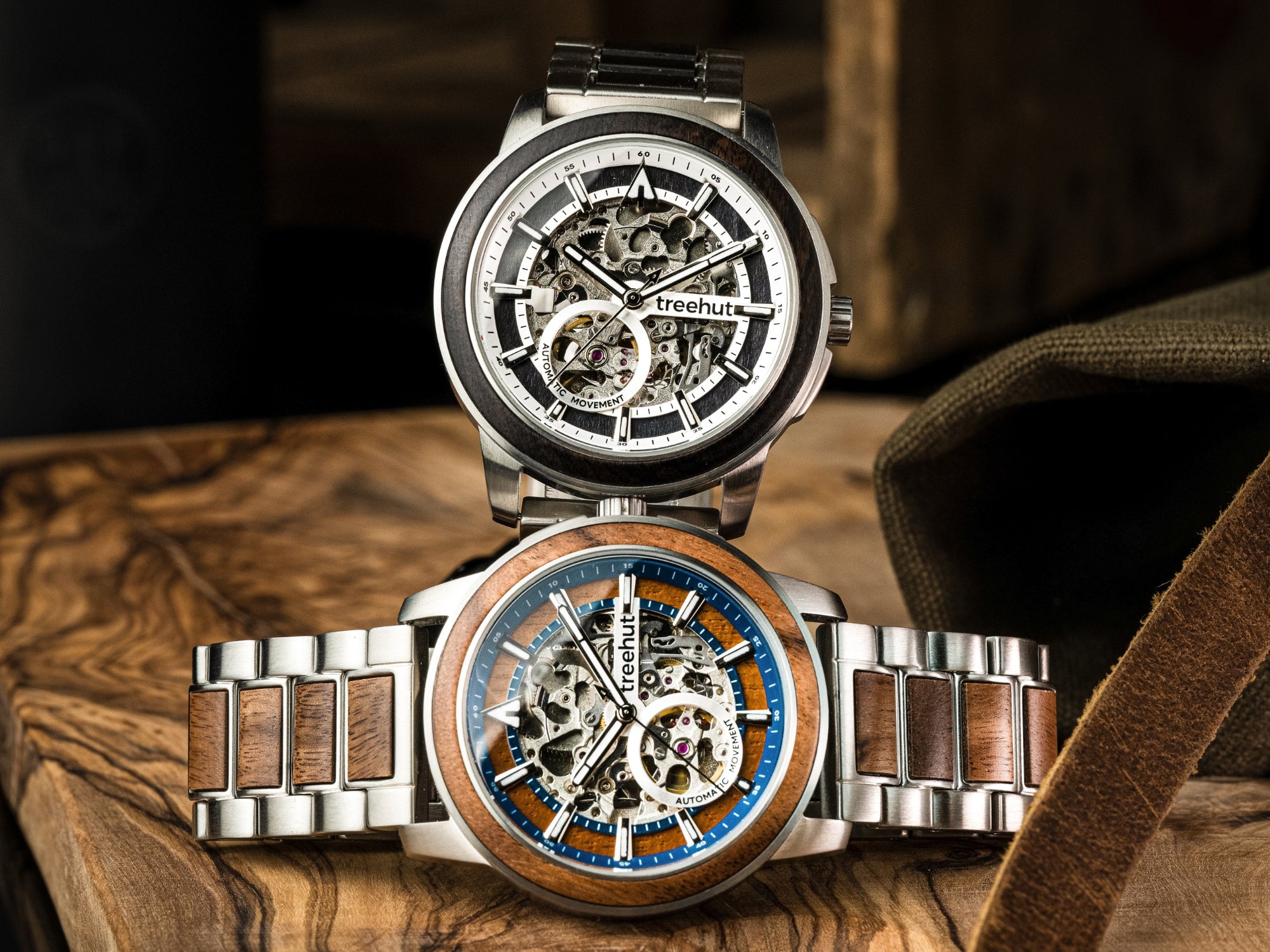There are many different kinds of watches out there, so if you are planning to get one, we understand that it can be hard to know where to start. If you choose one based solely on how it looks, you might be in for some surprises later on. There are several other factors to consider beforehand, like materials, features, purpose, and, of course, the watch movement. While the quartz movement is widely recognized and understood by most, there is often some confusion about automatic and mechanical movements. We have prepared a guide on the differences between a mechanical vs. automatic watch, including how each works, along with their advantages and disadvantages.
Key Differences Between Mechanical & Automatic Watches
|
Feature |
Mechanical Watches |
Automatic Watches |
|
Power Source |
Manual winding by hand |
Self-winding through movement of the wrist |
|
Accuracy |
Slightly less accurate |
Generally more accurate |
|
Maintenance |
Require regular upkeep |
Needs less frequent maintenance |
|
Price Range |
Typically more expensive |
Relatively more affordable |
|
Lifespan |
Can have a shorter lifespan if not maintained properly |
Can last for longer if well cared for |
Read More: Understanding Automatic Watches: What You Need to Know
What Is a Mechanical Watch?
Mechanical watches were invented in the late 15th century and evolved significantly over the following centuries, resulting in the beautifully crafted designs we appreciate today. They are driven by a mainspring that must be wound manually by hand. As it unwinds, it transmits the energy through the gears to power the movement.
Pros of Mechanical Watches

-
Eco-Friendly
Since mechanical watches do not rely on batteries, you never have to worry about battery replacements. Combined with the fact that they are highly durable, this makes them a sustainable option.
-
Slimmer Profile
When comparing a mechanical vs. automatic watch, the former is much thinner in build and design — which means it is more comfortable to wear — as it does not include additional components like a rotor or reverse mechanism.
-
Craftsmanship
A mechanical watch is considered a symbol of luxury due to its intricate design, fine craftsmanship, and heritage. It holds great sentimental value and beautifully represents the art of traditional watchmaking.
Cons of Mechanical Watches
-
Daily Winding
The main drawback of a mechanical watch in the comparison between a mechanical vs. automatic watch is its need for regular winding. If you forget to wind it, it will eventually stop working, and you will need to reset the time when you wind it up again. If you wind it too forcefully or frequently though, there is a risk of damage.
-
Accuracy Fluctuations
Although the difference is only minimal, mechanical watches may lose or gain time compared to quartz or automatic watches. This can be because of factors like the watch’s age, lubrication condition, or even how it is worn.
-
Regular Maintenance
When comparing a mechanical vs. automatic watch, the former requires a lot more upkeep. Regular cleaning and servicing are needed so that it stays in pristine condition.
What Is an Automatic Watch?

Dating back to the 18th century, automatic watches (also known as self-winding watches) are quite similar to mechanical watches, but they are powered by the natural motion of your wrist. They feature a rotor, a free-spinning metal weight, which spins in response to one’s body movements, winding the mainspring to keep the watch running. This eliminates the need for daily manual winding or a battery.
Pros of Automatic Watches
-
Convenience
Of course, automatic watches are also a lot more convenient than their mechanical counterparts. The self-winding mechanism means that it functions as long as it is worn regularly. Plus, it typically has a power reserve of about 24-48 hours.
-
Durability
When comparing a mechanical vs. automatic watch, the latter is actually easier to maintain. It requires servicing every 3-5 years to maintain its accuracy, and with proper care, it can last for generations — which is why they often become treasured heirlooms.
-
Accuracy
You can also differentiate a mechanical vs. automatic watch in terms of accuracy; automatic watches are kept at full wind pretty much all day long, which is why they tend to be more accurate.
Cons of Automatic Watches

-
Sensitivity to External Elements
An automatic timepiece can easily be affected by factors such as temperature, magnetism, or even its position on your wrist. Hence, it is important to store it in a stable and cool environment.
-
Bulky Design
Another major difference between a mechanical vs. automatic watch is that the latter is quite bulky. The various components inside make the watch slightly thicker and weightier.
-
Power Reserve Dependency
If you do not wear your automatic watch frequently, the power reserve may eventually be depleted. You would either need to manually wind it or give it a good shake to get it ticking again.
Read More: Best Automatic Watches Under $500
Which Watch to Choose: Mechanical or Automatic?
Choosing between a mechanical vs. automatic watch is simply a matter of trade-offs. In terms of aesthetics, both showcase the intricate movement inside the watch, allowing you to see the mechanics at work. However, mechanical watches are regarded as timeless classics. Their rarity also adds to their appeal, making them highly sought-after collectibles. If you prefer a more discreet and sleek watch, this is your best option. Some people even enjoy the ritual of manually winding a watch every single day as it adds to its vintage charm.
Of course, not everyone feels that way, which is why automatic watches are clearly the more convenient option. They are low-maintenance timepieces that only need to be worn regularly to keep running. If you are always on the go and likely to forget to wind your watch, automatic watches are definitely a better choice for you. They also come in a variety of styles, including wooden automatic watches and sustainable options made from ocean plastic waste or cactus leather.
To conclude, choosing between a mechanical vs. automatic watch all comes down to your personal style and preferences.





















